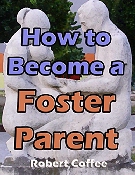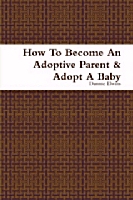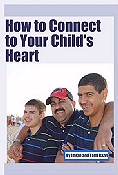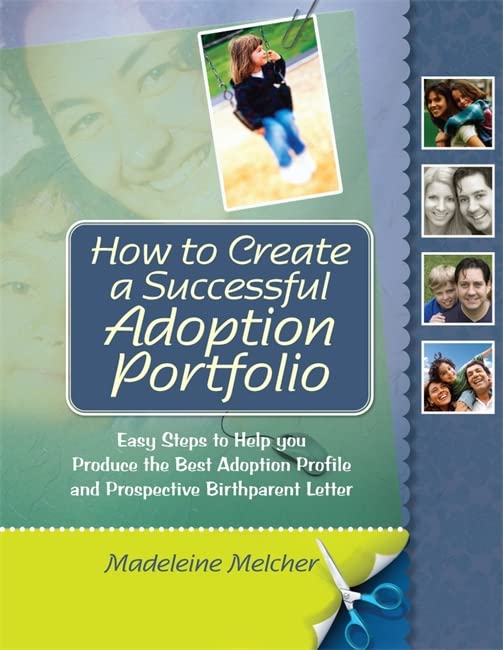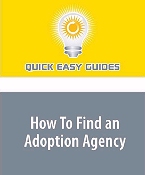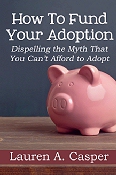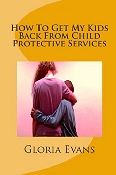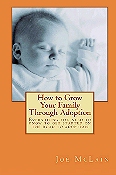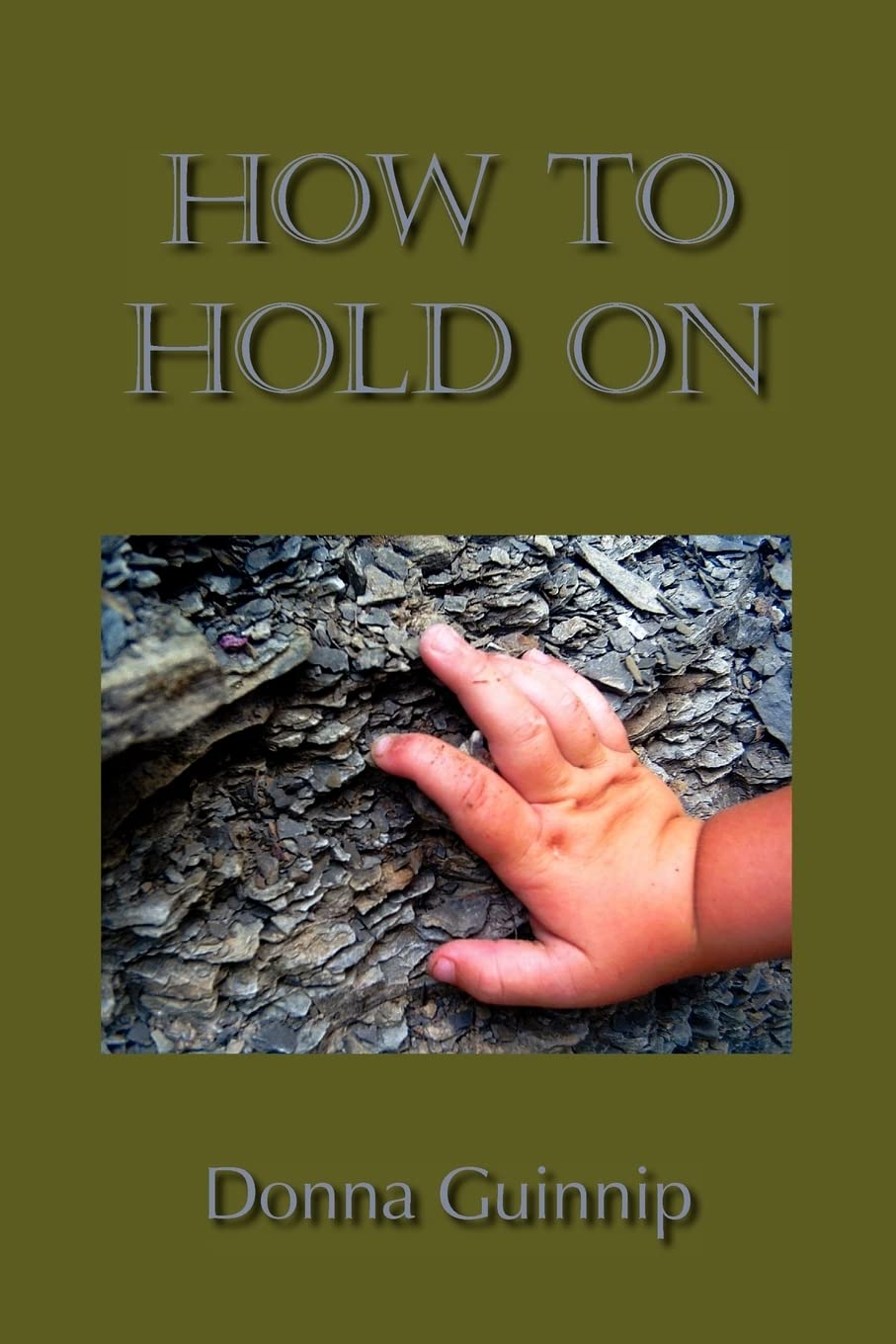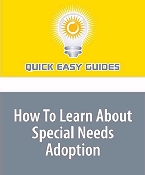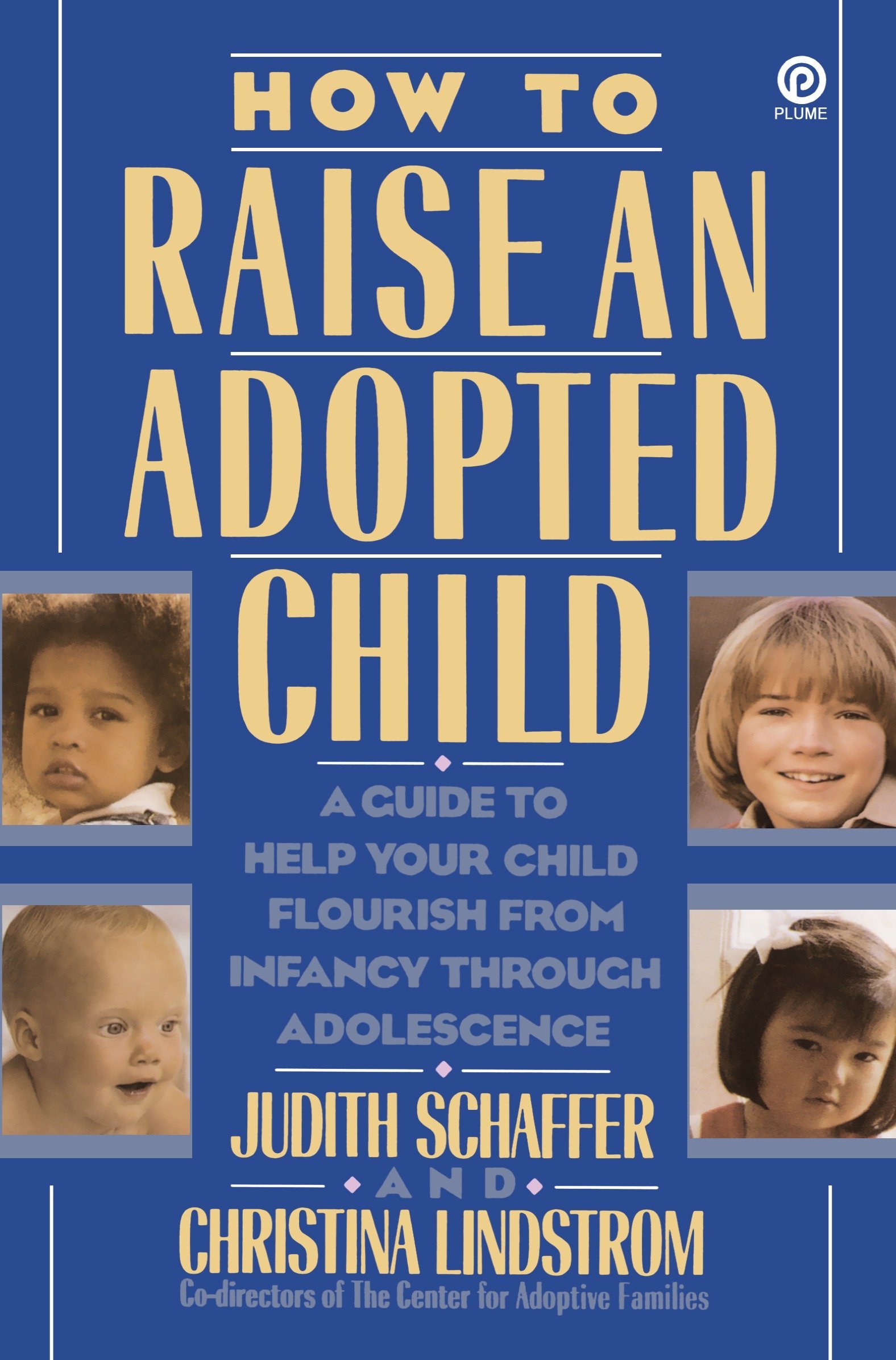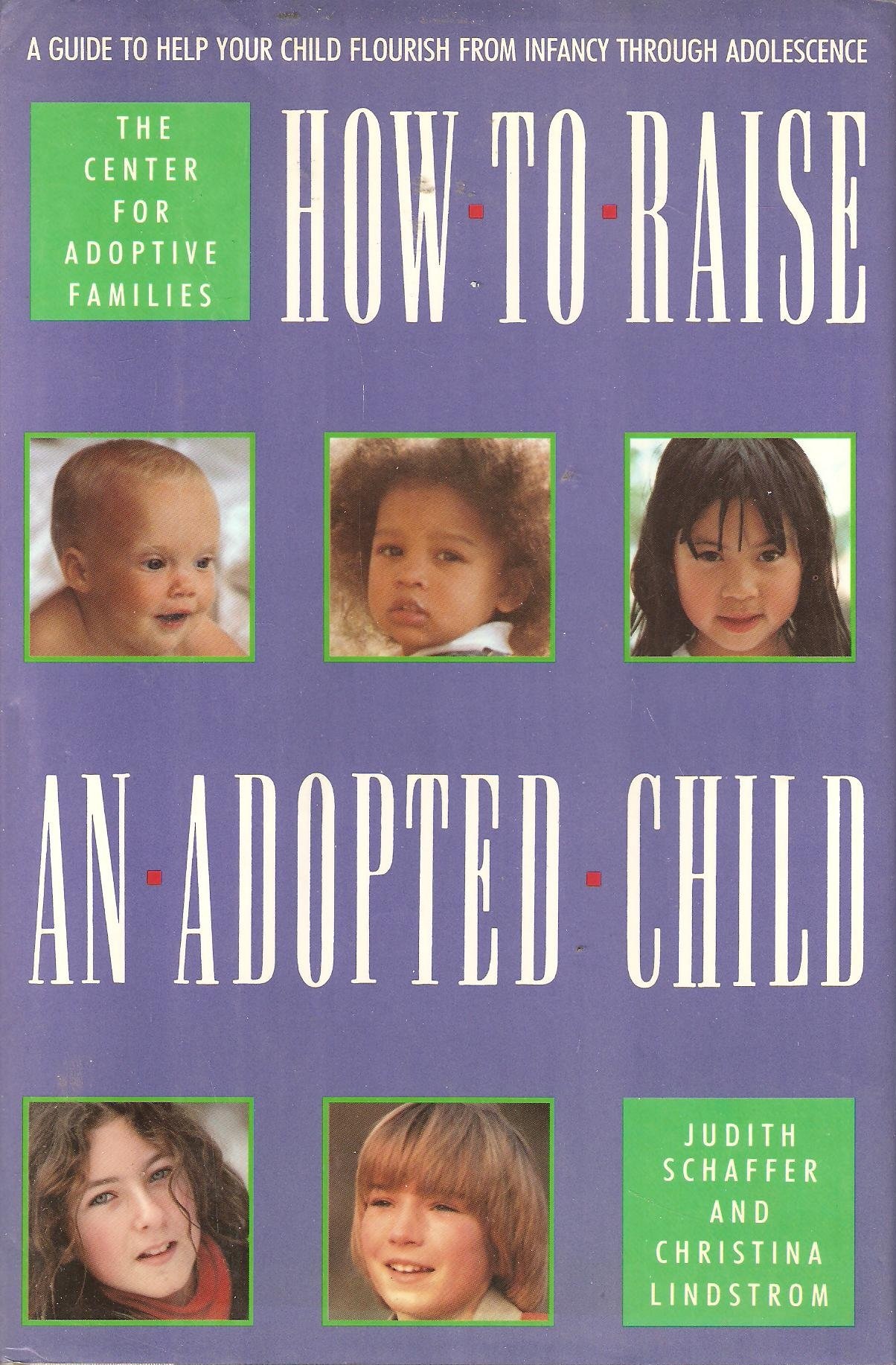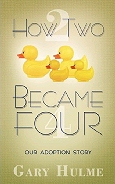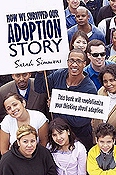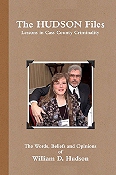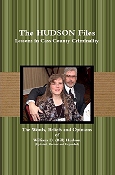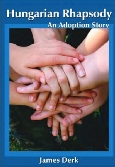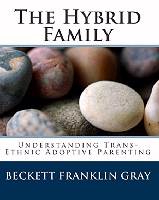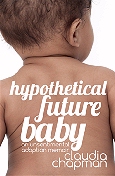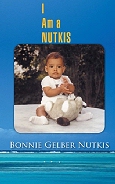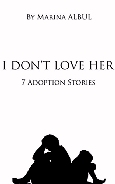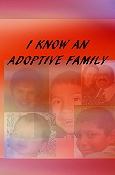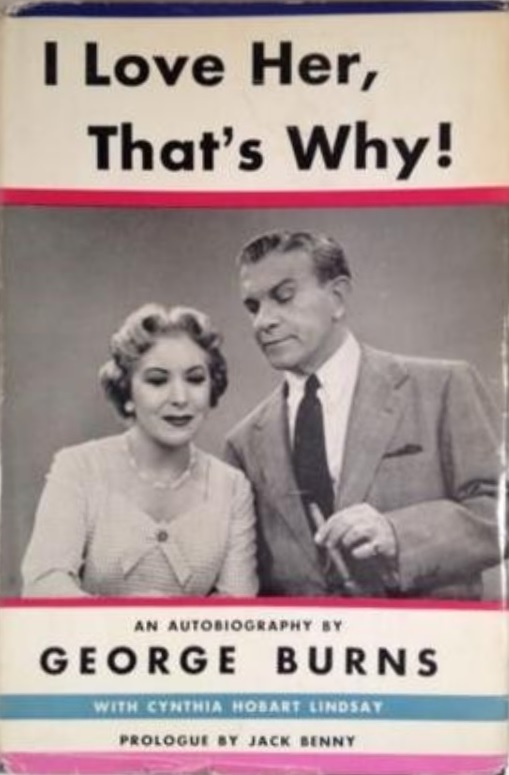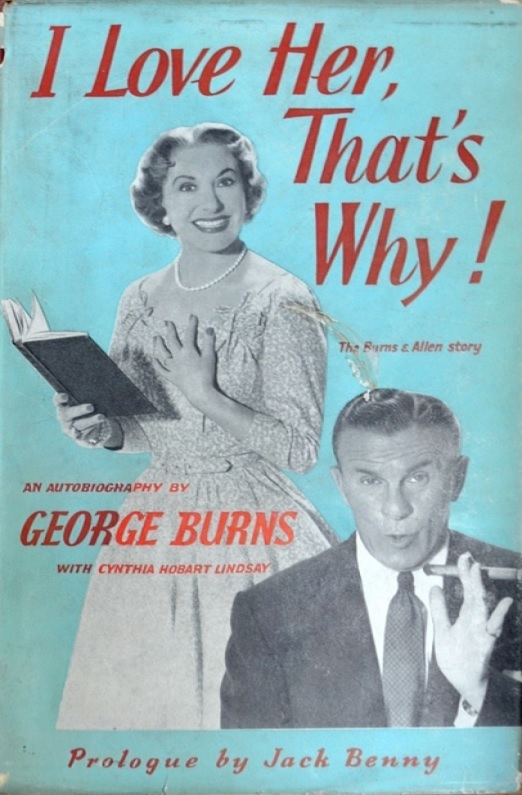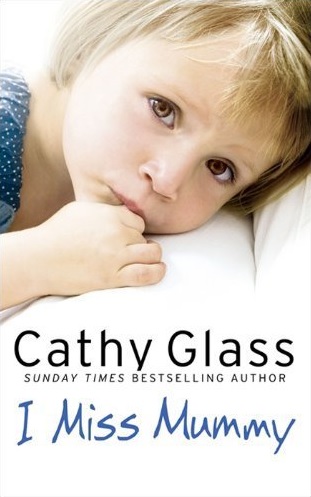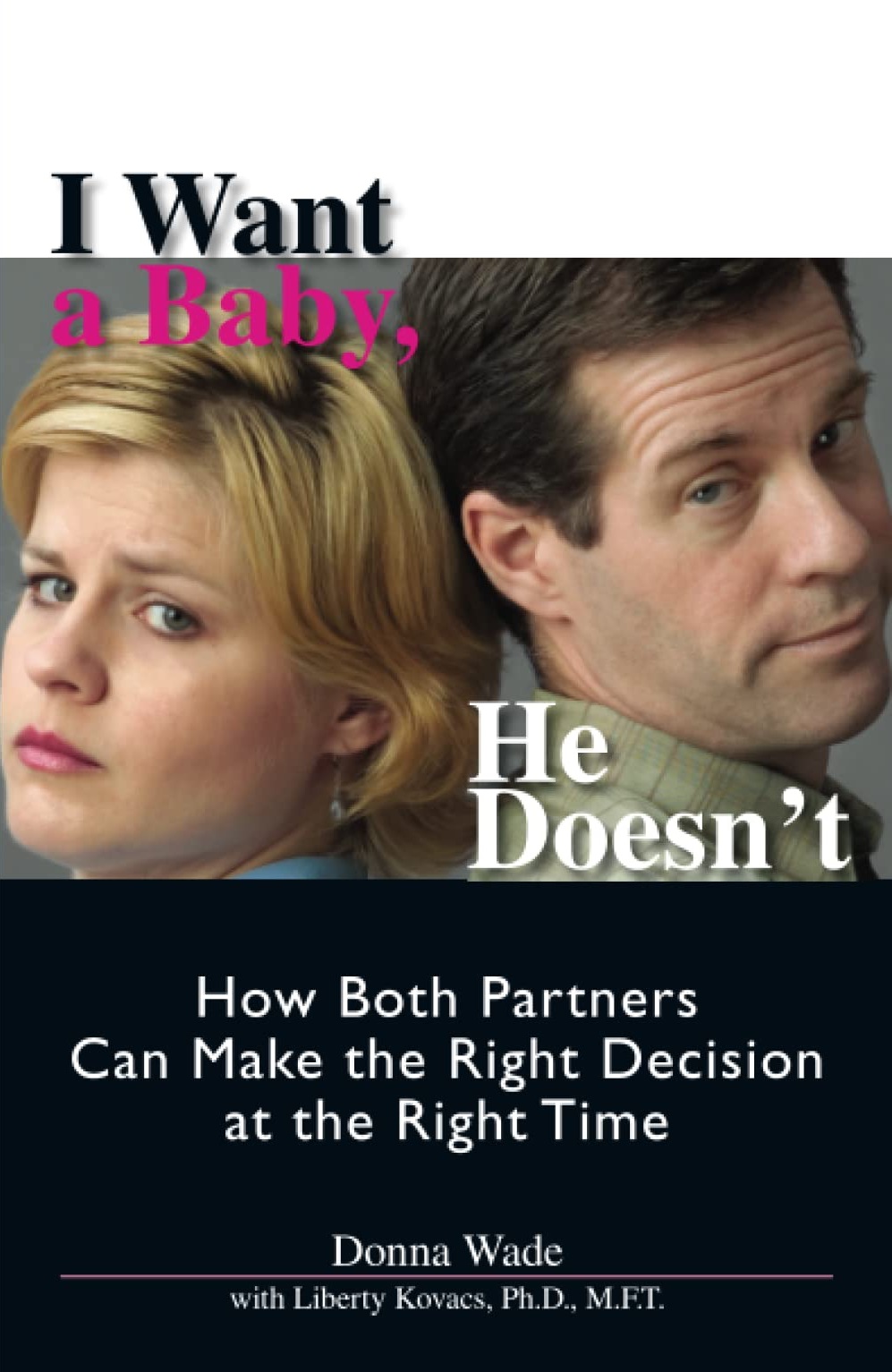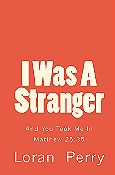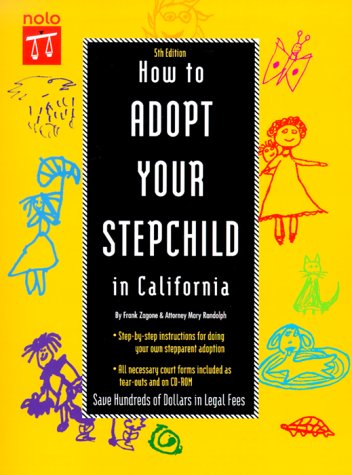 |
|
 |
 |
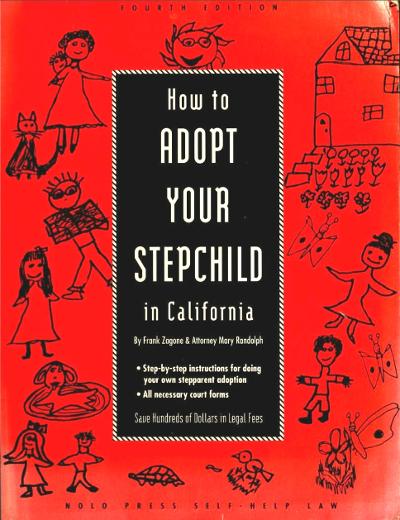 |
• decide if adoption is right for your family
• determine if adoption is legally possible
• choose the correct adoption procedure for your situation
• prepare and file all necessary papers with the court
• take your petition through the court.
Includes step-by-step instructions and all the forms you need to do your own stepparent adoption in California.
Note: This book does not cover private or agency adoptions.
About the Author: Frank Zagone has been a social worker for more than 20 years. He now works in the Children’s Protective Services Department, helping abused and neglected children.
Mary Randolph gave up the practice of law to write and edit Nolo books, and never regretted it for a minute. She received her law degree from Boalt Hall, the law school at the University of California—Berkeley. She is the author of The Deeds Book, and Dog Law, and the software Nolo’s Living Trust.
Compiler’s Note: The sixth edition of this book was published in 2003 under the title Do Your Own California Adoption: Nolo’s Guide for Stepparents and Domestic Partners, which is listed separately on this site.
